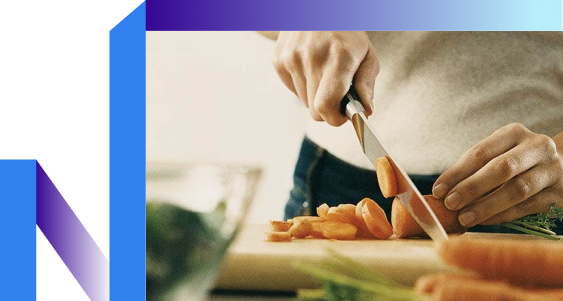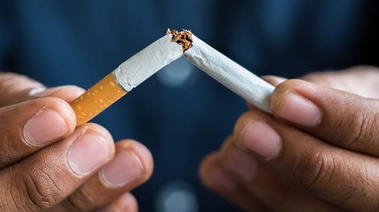While some people do gain weight as part of the quitting process, there is no set pattern. And no matter what happens, your friends and family will be proud of you for giving up cigarettes. However, if you are concerned, here are some easy tips to follow that could help you manage your weight gain after quitting smoking.

Be prepared with healthy snacks
Nicotine causes your liver to release glycogen, which raises your blood sugar levels slightly, making you feel full. When you quit smoking, you might feel hungry more often. To combat the hunger pains, carry some healthy snacks like carrot sticks, low-fat popcorn, apples or nuts. When you don’t have to scramble for a snack, you may be less inclined to eat something unhealthy.

Stay Active
Smoking cigarettes elevates your heart rate and thus increases your metabolism. When you quit smoking, it’s important to stay active, and check with your doctor before beginning an exercise program. Consider taking the stairs over the elevator, or if possible, take your bike or walk to work a few times during the week to keep your body moving.

Fill up on water
Smoking cigarettes dulls your taste buds, so when you do stop smoking, food tends to taste a whole lot better. This newfound sense might increase your food intake, so before and during every meal make sure to drink two big glasses of water. This will fill you up and may help deter you from overeating.

Take a balanced approach to the scale
On average, most people gain only a few pounds after the first couple weeks of quitting smoking. Keep that in mind while you concentrate on staying away from cigarettes, and recognize that now may not be the right time to start a restrictive diet. As you need to stay focused on your end goal — being smoke-free — try not to overwhelm your body and mind with extra constraints.






